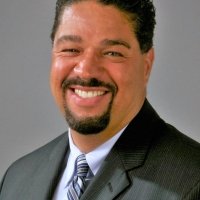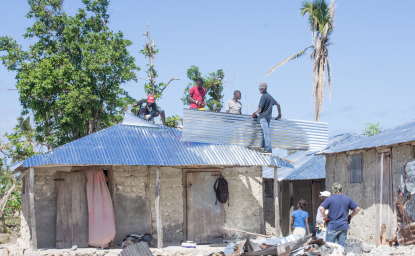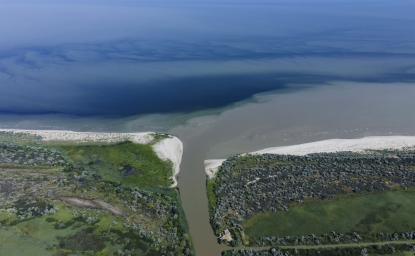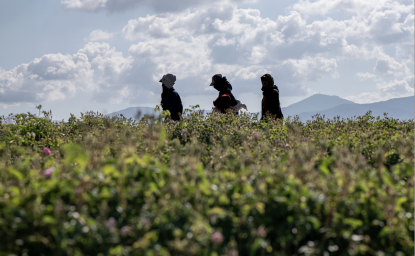Roger-Mark De Souza Discusses the Value of Resilience
From Southeast Asia in the wake of the 2004 tsunami to the southeastern United States after Hurricane Katrina, we find stories of community resilience in the face of adversity. In a recent presentation to USAID’s Adaptation Community at the Wilson Center, Roger-Mark De Souza explained how policies that foster resilience benefit communities, allowing them to “bounce back better.”





